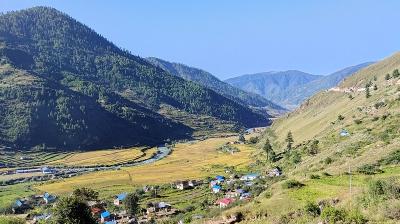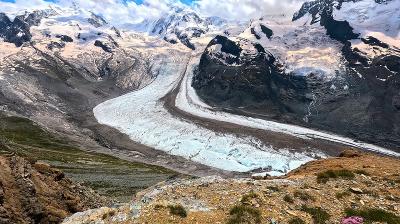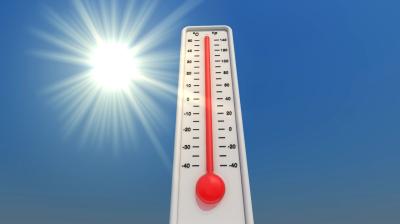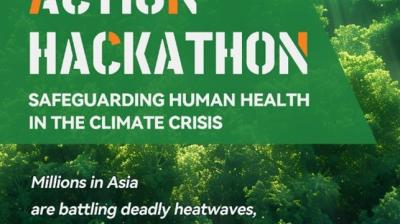UN General Assembly President calls for greenhouse gas monitoring system

The President of the UN General Assembly, Csaba Kőrösi, has urged governments to consider build a greenhouse gas monitoring system to inform climate change mitigation – one of WMO initiatives presented at the UN Climate Change negotiations, COP27.
Mr Kőrösi addressed the COP27 Climate and Clean Air Coalition ministerial, which focussed on how to cut short-lived climate pollutants, including methane. The fast reduction of these pollutants would help avert 0.6°C of predicted global warming in the near term, according to the coalition. It would also have major benefits for health through improvements in air quality as well as for agriculture and natural ecosystems.
More than 40 ministers or senior representatives attended the ministerial session on 15 November.
"Reducing short-lived climate pollutants is the fastest solution the world has to reduce global temperatures,” said John Kerry, U.S. Special Presidential Envoy for Climate.
Mr Kőrösi recalled an agreement among General Assembly members on the need for transformative changes. In July, the General Assembly affirmed that a clean, healthy, and sustainable environment was a human right for all, not just for a privileged few.
He called on ministers to consider further concrete actions that can support transformation, starting with building a global greenhouse gas monitoring system. It can be used to steer climate action.

WMO Deputy Secretary-General Dr Elena Manaenkova reminded delegates of WMO’s long-term experience in setting standards and in coordinating global observations (including of greenhouse gases and traditional air pollutants), international data exchange, modelling and research.
“Based on this experience and in cooperation with the other relevant agencies WMO is developing a concept of an internationally coordinated global greenhouse gas monitoring system (mainly carbon dioxide and methane) integrating current and future satellites, ground measurements and modelling,” said Dr Manaenkova.
“Information provided by such a system on a routine basis will be of a great help to the Coalition partners in support of their efforts to reduce emissions of short-lived climate pollutants. WMO calls all to support this development,” she said.
WMO continues its support to the Coalition and produces regular scientific assessment and flagship reports such as the Greenhouse Gas Bulletin and Air Quality and Climate Bulletin. The latest Greenhouse Gas Bulletin shows that greenhouse gas levels continue to grow in the atmosphere.Last year saw the biggest jump in methane concentrations since we started measurements in the 1980s. Experts are investigating why, but it is clearly a matter of concern.
At the Ministerial, two new pieces of CCAC research were launched. EU Commissioner for Energy Kadri Simson launched the new CCAC-UNEP Baseline CH4 Emissions Projections through 2030 report, which shows that the amount of methane in the atmosphere is increasing at record rates and makes an ever-stronger case for urgent action:
- Under business-as-usual scenarios, methane emissions are projected to increase by 5-13% by 2030 from 2020 levels, whereas they need to decline by at least 30% to meet the Global Methane Pledge.
- If global emissions were cut by 30% as set out in Global Methane Pledge, warming would be reduced by at least 0.2 degrees C between 2040 and 2070, compared to baseline projected methane emissions.
Ministers also reflected on progress made in the one year since the Global Methane Pledge was announced at COP26 in Glasgow. Over half of the top 20 methane emitters are now part of the Pledge, representing half of global methane emissions and nearly two-thirds of the global economy.
- WMO Member:
- United States of America ,
- Hungary









